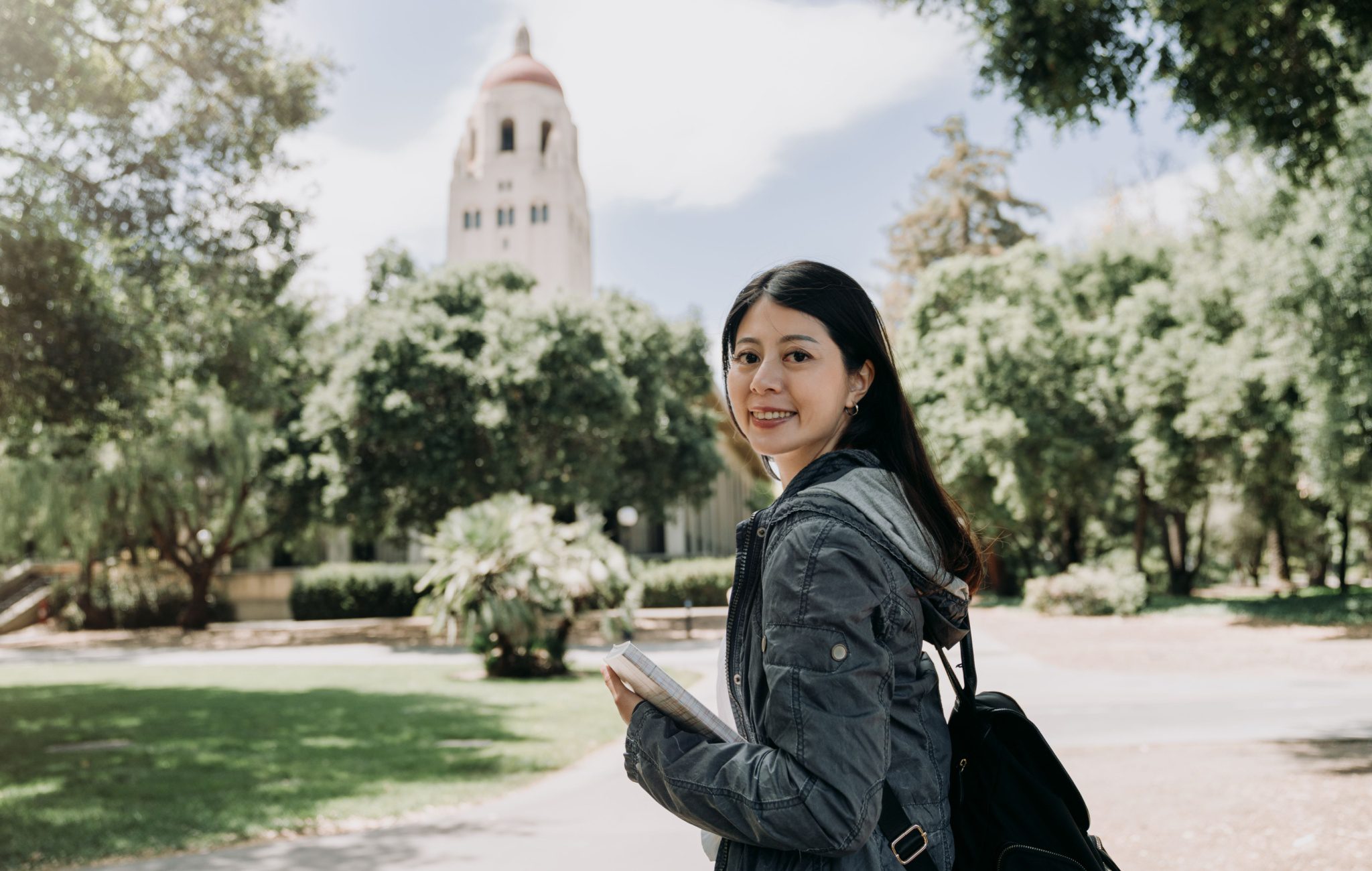There is no more important international relationship than that between the United States and People’s Republic of China. At stake is not just the present but the future, especially relations between rising generations in both nations. The Trump administration has put this at risk by targeting Chinese students.
Relations between the two countries have declined sharply since controversies over COVID and battles over trade during the first Trump administration. Security concerns, highlighted by Beijing’s pressure on Taiwan, raised fear of actual conflict. Ties seemed close to rupture in April when President Donald Trump launched a dramatic assault against Chinese commerce, but the two governments drew back from the brink after talks in May, agreeing to reduce the debilitating tariffs imposed by both sides. Observers expressed cautious optimism about the two governments stabilizing their relations. Trump even described the relationship as “important” and said he was ready to travel to China to meet President Xi Jinping.
However, at May’s end the administration declared war on the 277,000 Chinese students, down nearly 100,000 pre-Covid, attending US universities, and the many more hoping to come to America in the future. Secretary of State Marco Rubio announced: “Under President Trump’s leadership, the US State Department will work with the Department of Homeland Security to aggressively revoke visas for Chinese students, including those with connections to the Chinese Communist Party or studying in critical fields. We will also revise visa criteria to enhance scrutiny of all future visa applications from the People’s Republic of China and Hong Kong.”
Trump downplayed the significance of his administration’s plans, but the Chinese government denounced Washington for “unjustly” barring students based on “the pretext of ideology and national security.” Chinese students have seen the administration’s ruthless immigration enforcement elsewhere and many applying to study in America were distraught.
Reported The New York Times: “In the hours after the Trump administration announced that it would begin ‘aggressively’ revoking the visas of Chinese students, the line to apply for new visas at the United States Embassy in Beijing still stretched down the block on Thursday. But for many of the hopefuls — including some who walked out of the embassy with their visa applications approved — any celebration was laced with a mix of anxiety and helplessness.”
The administration’s campaign will discourage Chinese students from even considering America. An 18-year-old whose application was approved observed that “in the future, if I can avoid going to the United States to study, I will. They make people too scared.”
The new restrictions will compound the administration’s previous decision to deport critics of Israel’s Gaza war and more recent plan to review visa applicants’ social media accounts. Reported Reuters: “The US administration ordered its missions abroad to stop scheduling new appointments for student and exchange visitor visa applicants as the State Department prepared to expand social media vetting of foreign students.”
Even students from US allies are at risk. Some South Korean applicants have been unable to schedule interviews. One who was studying in America and had hoped to find work after graduation worried about the future.
“I think what is now the United States is a lot different than the United States in the past,” he lamented.
Students are the most obvious victims of the Trump administration’s escalating war against foreigners, irrespective of their home country. However, in the long-term the most significant victim will be the US. The economic benefits of hosting foreign students are obvious. Taking advantage of this revenue inflow is ever more important after Trump began imposing massive taxes on trade.
Education autarky will be costly in other ways. Reported the Association of American Universities: “International students, scientists and engineers help drive cutting-edge research and development, fill job openings in critical STEM fields, advance national security and bolster the US economy by generating new domestic startups and businesses.” Other nations’ universities are already preparing to take advantage of Washington’s act of educational seppuku. Unfortunately, the administration is closing America’s door precisely when many disillusioned young Chinese want to go abroad.
Most Chinese PhD students want to remain in America. Beijing, though criticizing Washington, may actually welcome the administration’s move, since the PRC is attempting to attract well-educated Chinese home. Reported The Washington Post: “Over the past two decades, China has ramped up efforts to lure home students and scholars educated abroad. Known as haigui, or ‘sea turtles,’ these returnees are prized as vital assets in Beijing’s push for industrial and technological dominance.” Beijing is even approaching non-ethnic Chinese scholars. Driving Chinese home proved costly in the past — as the Eisenhower administration discovered after it deported Qian Xuesen, who became the celebrated “father” of the Mao regime’s missile and space programs.
America’s gains from hosting foreign students go far beyond financial and technological. For decades, much of its international influence came from its attraction to people from around the world. For some the US offered seemingly unbounded economic opportunity; for others, human liberty, especially freedom of speech and democratic governance were paramount. The result was a steady flow of students from around the world, many coming for high school as well as university.
They often end up as America’s best friends. For years I’ve participated in a summer economic education program at a Chinese university. We avoid politics for obvious reasons, but many students hope to study in America. They would enrich the lives of those they meet and befriend. Some would adopt the US as their own, contributing to their adopted nation. Others would return to their homelands, changed and revitalized. Zichen Wang, a research fellow at China’s Center for China and Globalization who studied in America (and who I’ve met) told CNN: “Many of China’s officials, entrepreneurs, and scientists — especially those who played key roles during the era of reform and opening-up — received their training in the US.”
Of course, there are legitimate concerns about admitting people who might encourage violence or engage in espionage. However, that does not justify anything approaching a ban. Even law enforcement admits that the number of problematic students remains low and Rubio offered no evidence of significant threats. Yet, noted the Washington Post, experience indicates that “the rules are applied opaquely and — in some instances — indiscriminately.” And elsewhere the administration has failed to tailor its immigration restrictions to address genuine problems. Indeed, membership in the Chinese Communist Party or associated organizations doesn’t necessarily reflect anything sinister. Even Beijing recognizes that many people join the party for career advancement rather than out of ideological commitment and has stepped up efforts at political indoctrination in response. Accepting party members as students also allows Americans to engage the PRC’s future rulers.
Now more than ever Americans should connect with the Chinese people, maintaining communication, contact, and cooperation even as the two governments increasingly confront one another. Rubio’s visa announcement cements his ironic role as the administration’s chief isolationist, seeking to wall Americans off from the world contrary to their values and interests. Confronting the Beijing government is a significant but necessary challenge. However, Chinese and Americans together will suffer from needless US barriers to entry.
Anurag Dhole is a seasoned journalist and content writer with a passion for delivering timely, accurate, and engaging stories. With over 8 years of experience in digital media, she covers a wide range of topics—from breaking news and politics to business insights and cultural trends. Jane's writing style blends clarity with depth, aiming to inform and inspire readers in a fast-paced media landscape. When she’s not chasing stories, she’s likely reading investigative features or exploring local cafés for her next writing spot.






